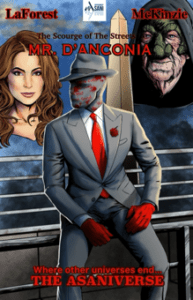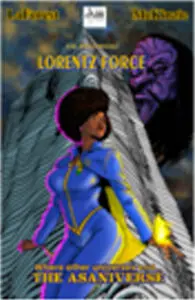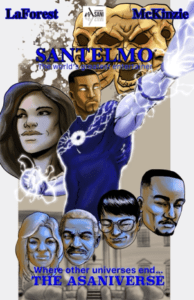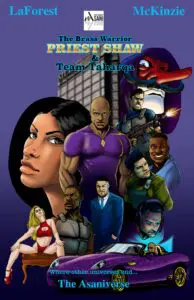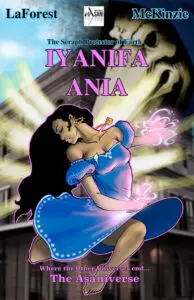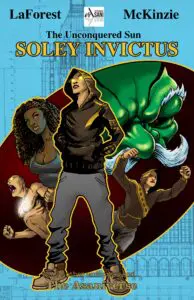National Comic Book Day
National Comic Book Day soars into a community near you this September 25. The genre has grown to include full-length books, or graphic novels, and inspire countless movie adaptations. While they were first typically humorous in nature, it didn’t take long for authors to apply the comic style to all genres of storytelling.
HISTORY OF NATIONAL COMIC BOOK DAY
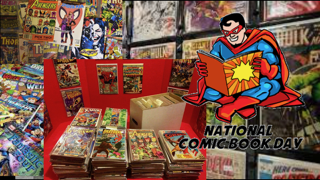
Comic books have existed in America since the English printing of Swiss comic, The Adventures of Mr. Obadiah Oldbuck, in 1842, making it the first known American prototype comic book. Proto-comics began appearing in the early 20th century, with the first standard-sized comic being Funnies on Parade.
The introduction of Jerry Siegel and Joe Shuster’s Superman in 1938 turned comic books into a major industry, ushering in the Golden Age of Comics. From this, the archetype of the superhero was created. Historian Michael A. Amundson notes that appealing comic-book characters helped to ease young readers’ fears of nuclear war and neutralize anxiety about the questions posed by atomic power.
The history of the American comic book is usually divided into four eras. The Golden Age of Comic Books began in the 1930s and is considered the inception of the genre. The Silver Age is considered to date from the first successful revival of the then-dormant superhero form, with the debut of the Flash in 1956. This era lasted into the early 1970s during which Marvel Comics revolutionized the medium with naturalistic superheroes such as the Fantastic Four and Spider-Man. The Bronze Age is less defined, but it runs from the very early 1970s through the mid-1980s. This era features a return of darker plot elements and storylines more relevant to social issues such as racism.
The Modern Age of Comics runs from the mid-1980s until now. During the first 15 years of this period, many comic book characters were redesigned, creators gained prominence within the industry, independent comics flourished, and larger publishing houses became more commercialized. This era is also referred to as the Dark Age of Comic Books due to the popularity and artistic influence of titles with serious content, such as Batman: The Dark Knight Returns and Watchmen.
FUN STATS ABOUT NATIONAL COMIC BOOK DAY
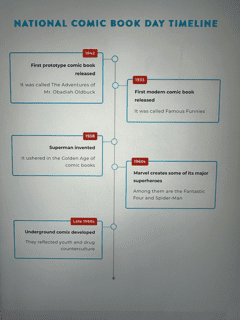
— 60% of Manga Readers are women
Said to originate from scrolls dating back to the 12 century Japanese manga is known for having dramatic plots that can include comedic events, powerful fighters, and relationship struggles. The art form, which can at times be more graphic than traditional American comics, is mostly read by women as opposed to their male counterparts.
—Comic and graphic novel sales fell 6.5% in 2017
Though comic books aren’t seeing a wane in popularity, their sales are definitely falling. At least, they are in physical form. As new age readers have abandoned printed copies of their favorite comics, digital sales have risen.
— 60% of people started reading comics before they turned 10
Many comic lovers started reading comics before the age of 10, meaning comic books aided them in their journey to literacy. In fact, comics are said to promote literacy in children, and young readers are actually encouraged to pick up comic books as they involve the reader in a complex negotiation of words and images, making logical sense of the narrative, and weaving the action together based on the elementary cues in illustration.
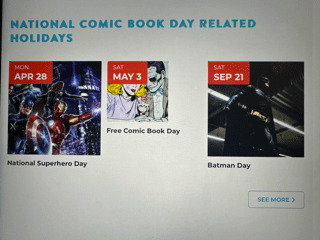
WHY WE LOVE NATIONAL COMIC BOOK DAY
They’re timeless
Who knew that a form of literature popularized in the 1930s would still be among the most widely consumed forms of media in the 21st century?
They’ve inspired record-breaking movies
For the last decade, movie adaptations of beloved comics have shattered box office records, and continue to do so. To date the batman reboot The Dark Knight trilogy has raked in nearly $2.3 billion, and Marvel’s Avengers series has made about $1.51 billion.
They help kids learn to read
While comics have historically been the villain when it comes to what kids should be reading, that’s all turning around. Parents have found that offering comic books to children makes them more interested in learning to read, builds reader confidence, improves vocabulary, and exposes them to real-life situations. Seems more like a superhero than a villain to us.
